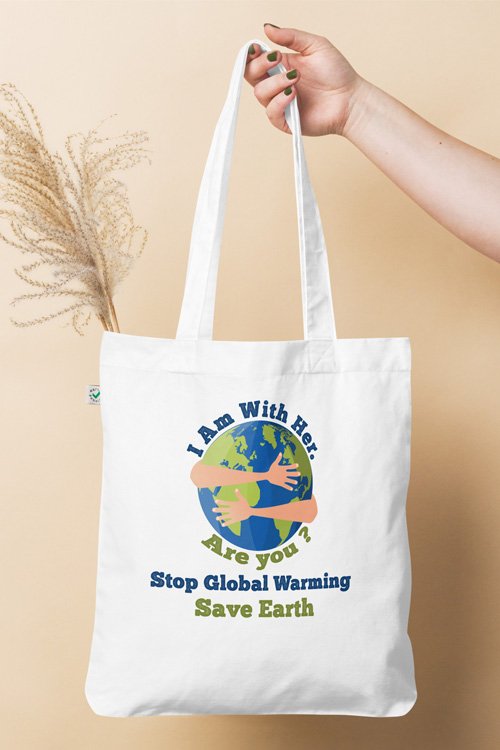Blog
Reusable Alternatives: Embracing a Zero-Waste Lifestyle
In a world increasingly focused on sustainability and environmental consciousness, the zero-waste lifestyle has gained prominence as a powerful way for individuals to reduce their ecological footprint. At its core, zero waste is a commitment to send as little waste as possible to landfills and incineration facilities. This lifestyle emphasizes the use of reusable alternatives to single-use items, and it can be both environmentally and economically beneficial. In this blog post, we’ll explore the principles of a zero-waste lifestyle and offer practical tips for embracing reusable alternatives.
The Principles of Zero Waste
The zero-waste lifestyle is guided by several core principles:
1. Refuse: Say “no” to items that you don’t need or that generate waste. This includes declining single-use plastics, free promotional items, and excess packaging.
2. Reduce: Minimize your consumption of goods and choose high-quality, durable products that have a longer lifespan.
3. Reuse: Opt for reusable alternatives to disposable items, such as water bottles, coffee cups, shopping bags, and food containers.
4. Recycle: When you can’t avoid waste, recycle materials according to local guidelines. However, recycling should be a last resort after reducing and reusing.
5. Rot: Compost organic waste, including food scraps and yard trimmings, to divert it from landfills and create nutrient-rich compost for your garden.
Practical Tips for Embracing Reusable Alternatives
Here are some practical steps you can take to embrace a zero-waste lifestyle by adopting reusable alternatives:
1. Reusable Shopping Bags: Keep reusable shopping bags in your car or carry them with you to avoid using disposable plastic bags.
2. Stainless Steel Water Bottle: Replace single-use plastic water bottles with a durable stainless steel or glass water bottle. Fill it with tap water to stay hydrated on the go.
3. Coffee Cup and Travel Mug: Bring your own reusable coffee cup or travel mug when you visit coffee shops. Many places offer discounts for customers who bring their own cups.
4. Reusable Cutlery and Straws: Carry a set of reusable cutlery (fork, knife, spoon, and chopsticks) and a stainless steel or bamboo straw in a pouch or container. This eliminates the need for disposable utensils and straws.
5. Cloth Napkins and Towels: Use cloth napkins instead of paper ones, and replace paper towels in your kitchen with reusable dishcloths or towels.
6. Beeswax Wraps: Beeswax wraps can replace plastic wrap for storing food. They are washable and reusable, making them a sustainable alternative.
7. Reusable Food Containers: Invest in durable food containers for packing lunches or storing leftovers. Look for options made from stainless steel or glass.
8. Bulk Shopping: Purchase food and household items from bulk bins using reusable containers or cloth bags to reduce packaging waste.
9. Reusable Razors: Switch to a safety razor with replaceable blades instead of disposable razors.
10. Cloth Diapers: If you have children, consider using cloth diapers instead of disposable ones. Modern cloth diapers are convenient and eco-friendly.
11. Refill Stations: Seek out stores with refill stations for cleaning products, toiletries, and other household items. Bring your own containers for refilling.
12. Homemade Cleaning Products: Make your own cleaning products using simple ingredients like vinegar and baking soda. Store them in reusable containers.
13. Repair Instead of Replace: Repair broken items, from clothing to appliances, instead of immediately replacing them. Extend the life of your possessions.
14. DIY Personal Care Products: Create your own personal care products like shampoo, conditioner, and toothpaste using sustainable, bulk ingredients.
15. Educate and Inspire: Share your zero-waste journey with friends and family, and encourage them to adopt reusable alternatives and reduce waste as well.
Conclusion
Embracing a zero-waste lifestyle by incorporating reusable alternatives into your daily routine is a powerful way to reduce your environmental impact and contribute to a more sustainable future. Every small change in your habits can make a significant difference in the amount of waste produced and sent to landfills. By refusing single-use items, reducing consumption, reusing whenever possible, and responsibly recycling and composting, you can lead a more eco-conscious life that benefits both the planet and future generations.




